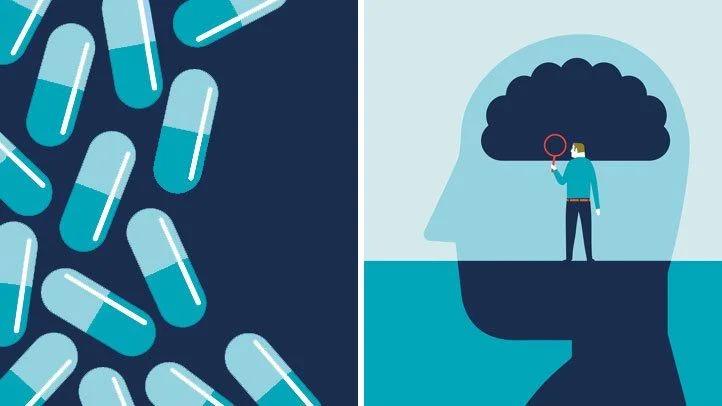Personality Disorders Treatment

Treatment for personality disorders can be complex and challenging due to the ingrained nature of the personality traits and patterns. Different types of personality disorders require different approaches, and treatment is often focused on improving coping skills, relationships, and overall functioning. Here's a general overview of how personality disorders are typically treated:
- Psychotherapy (Talk Therapy):
- Dialectical Behavioral Therapy (DBT): Often used for borderline personality disorder, DBT combines cognitive-behavioral techniques with mindfulness practices to help individuals regulate their emotions, improve interpersonal relationships, and develop distress tolerance skills.
- Schema Therapy: This approach focuses on identifying and modifying negative and maladaptive core beliefs that contribute to personality disorder patterns.
- Cognitive Behavioral Therapy (CBT): For disorders with cognitive distortions, CBT can help individuals challenge and change negative thought patterns.
- Transference-Focused Psychotherapy (TFP): Primarily used for borderline personality disorder, TFP focuses on the therapeutic relationship to help individuals understand and manage their interpersonal dynamics.
- Mentalization-Based Therapy (MBT): This approach helps individuals improve their capacity to understand their own and others' mental states, which can be particularly useful for disorders involving unstable relationships.
- Medication:
- Medications may be prescribed to manage specific symptoms related to personality disorders, such as depression, anxiety, or mood instability. However, medication is usually not the primary treatment for personality disorders themselves.
- Group Therapy:
- Group therapy can provide individuals with opportunities to practice social and interpersonal skills in a supportive environment.
- Family Involvement:
- For some personality disorders, involving family members in therapy can help improve communication, boundaries, and support networks.
- Social Skills Training:
- Individuals with certain personality disorders may benefit from learning and practicing social skills to improve their interactions with others.
- Stress Management Techniques:
- Techniques such as mindfulness, relaxation exercises, and grounding techniques can help individuals manage emotional dysregulation and impulsivity.
- Long-Term Therapy:
- Treatment for personality disorders is often long-term and focuses on gradual change over time. It's important to have a consistent and stable therapeutic relationship.
- Self-Care and Lifestyle Factors:
- Practicing self-care, maintaining a healthy lifestyle, and engaging in activities that bring joy and fulfillment can contribute to overall well-being.


